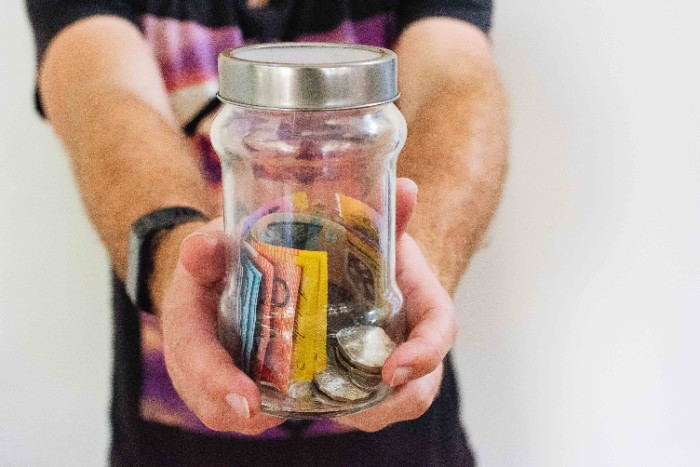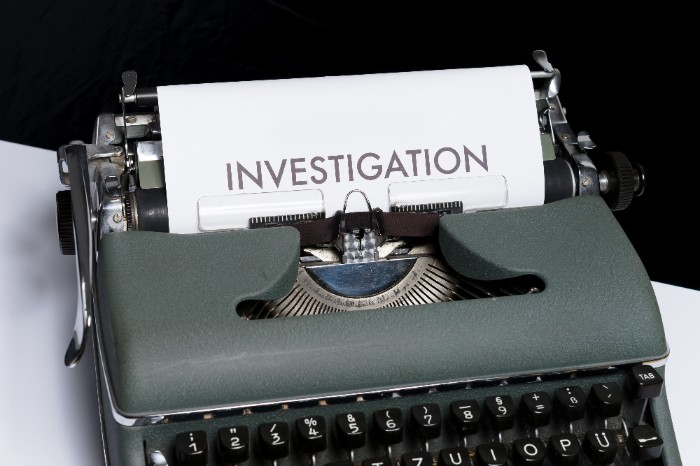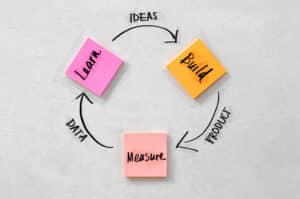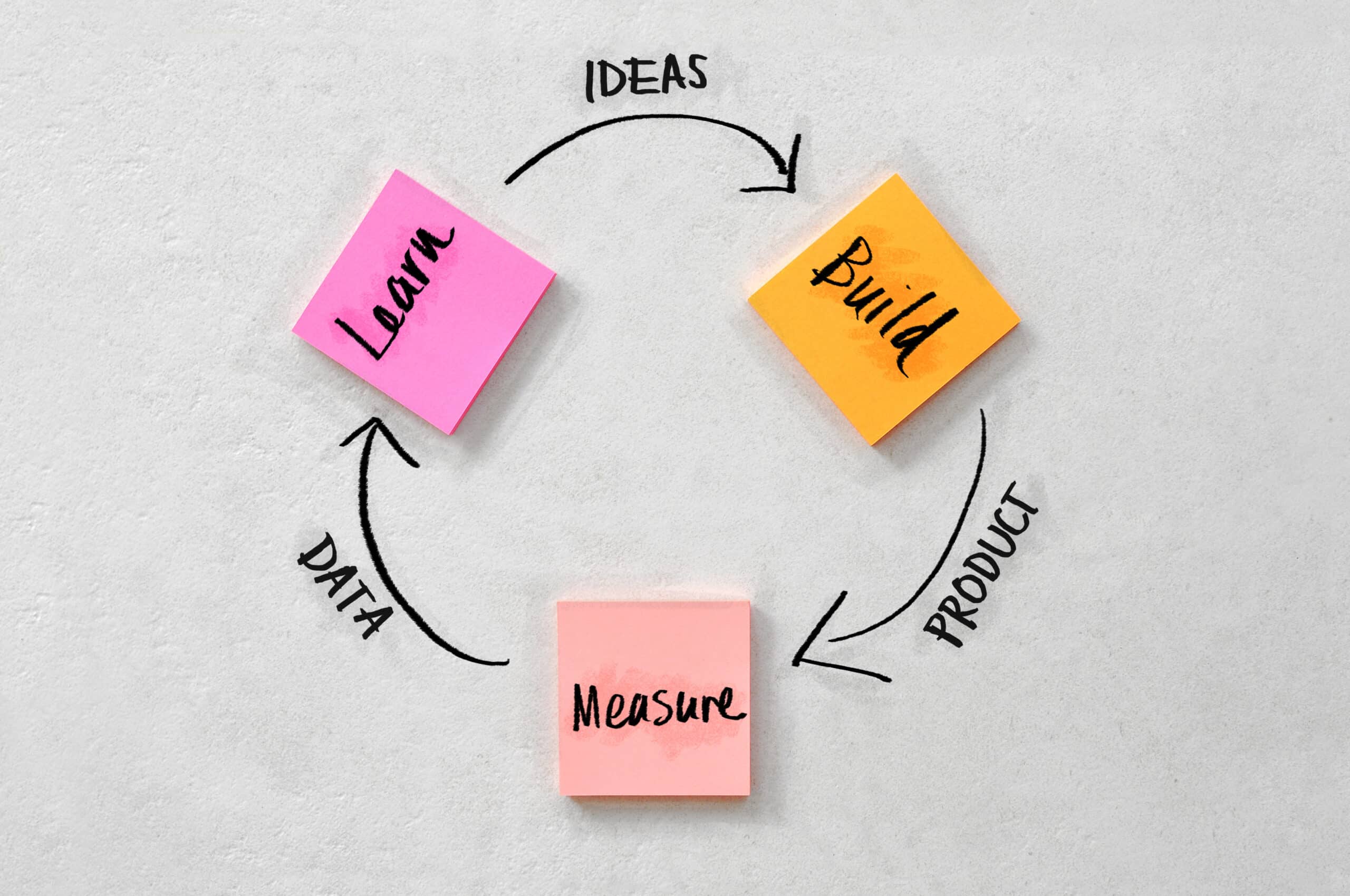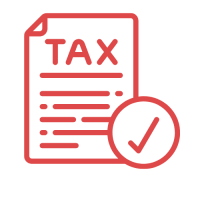Are you ready to take the plunge and become a small business owner? Buying an existing business is a great way to start a career as an entrepreneur, but it can be intimidating, too. If you’re considering buying a small business, this blog post will provide helpful information and tips on making a wise decision. We’ll cover topics such as identifying the right business, financing options, due diligence, negotiation strategies, and closing the deal. So if you’re ready to take an educated leap into the world of small business ownership, let’s get started!
1. Introduction – What is a Small Business, and Why Buy One?
A small business is any organization or enterprise that’s independently owned and operated, usually with fewer than 500 employees. These businesses are all around us and come in many forms, such as restaurants, service providers, retail stores, and online businesses. Small businesses make up a large portion of the economy—they help drive employment, create products and services, and fuel innovation. Buying an existing business has the potential to be a great opportunity, as it allows you to capitalize on the work someone else has done in building the foundation of a successful venture. With some research, education, and financial investment, buying a small business can be a smart move for entrepreneurs wishing to quickly break into their chosen industry.
It is an investment not a job
Purchasing a business is more than just finding a job. It is a good investment in yourself. By purchasing a business, you invest in your success and the company’s future. You will receive capital appreciation as you build the business, have access to greater financial resources, and have more control over decision-making. Additionally, owning a small business can open up many doors for personal development by providing opportunities to network with others in the industry and hone skills like problem-solving, negotiation, marketing, and customer service.
Where do I look to buy a small business?
When looking a buy a business, there are several sources you can tap into. One of the best places to start is online. You can also research local markets by attending business events or joining trade organizations in your chosen field. Additionally, reaching out to a reputable broker specializing in buying small businesses can help you find suitable opportunities that meet your criteria. Finally, don’t forget about word-of-mouth—you may be surprised at how quickly word spreads of an available business purchase opportunity.
The Role of Business Brokers
Another vital resource to consider when purchasing an established business is a business broker. A business broker can provide invaluable assistance in finding the right opportunity, understanding local markets and trends, negotiating deals, and closing the transaction. Good business brokers will be knowledgeable about local businesses for sale, understand what it takes to make a successful purchase, and be available to help you through any of the steps involved. They can also provide advice on legal matters such as contracts and permits that may be required. Ultimately, having a knowledgeable business broker by your side can give you peace of mind throughout the process of buying an existing business.
2. Identifying the Right Business – Making an Informed Decision
Finding a suitable business to buy is an important—and difficult—step. Before you start shopping around for opportunities, it’s important to evaluate what kind of business best fits your experience and interests. Consider the industry, the company’s size, location, and other factors that may determine how successful a particular business might be under your leadership. Once you have narrowed down some potential businesses, research them thoroughly to better understand profitability and growth trends before making any decisions.
Putting your ideas onto paper
Having a business plan is essential when identifying the right business to purchase, as it helps you assess the strengths and weaknesses of any potential opportunity. The plan should include details on things like market analysis, financial projections, competitive positioning, and operations strategy, to name a few. This information allows you to make an informed decision about whether or not a particular business is worth pursuing. It also serves as a guide for moving forward with the purchase once you have identified the right opportunity. With a good plan, you’ll be well prepared to take your business ownership journey from start to finish.
3. Financing Options for Buying an Existing Business
Securing financing is one of the biggest challenges faced by entrepreneurs when buying a business. Fortunately, there are many different financing options available for prospective buyers. For example, you may be able to use personal savings or get a business loan from a bank or other financial institution. It is important to research each option carefully before making any decisions as the terms and conditions of financing can vary greatly depending on your credit history and other factors.
A business plan is essential when applying for financing to buying a business. It provides a clear picture of the potential of the business and shows lenders that you are serious about making it a success. The plan also helps evaluate risks associated with investing in the venture and outlines how you will use the funds to ensure it becomes profitable. A well-crafted plan helps make a strong case for why your loan should be approved, increasing your chances of securing financing from traditional sources like banks or private investors. The plan will include key reports such as cash flow statements, current and future demand, balance sheet and profit and loss. Having a solid plan in place before submitting any applications can go a long way towards helping you secure the financial resources necessary to make your dream of owning a small business become reality.
Buying Small Business Outright
Not having to obtain financing is an attractive option for many prospective small business owners. By doing so, you can avoid taking on debt or other financing obligations and are free to focus on running the business. Additionally, it eliminates the need to split profits with investors or lenders, which would be necessary when taking out loans and allows you to reap the full rewards of your hard work. Finally, buying a business without finance also gives you more control over how much money you want to invest upfront. This can be especially useful if you start out with limited resources, as it allows you to start smaller and scale up as needed. With all these advantages, to buy a business outright is certainly worth considering for those looking for an easy way to get into business ownership.
The Importance of Ongoing Cash Flow – Now and Forever
It is important to remember that while financing is necessary to purchase a small business, it’s also important to have enough money set aside for operating expenses (including loan repayments). Buying the business is just the beginning—you will need ongoing cash flow to pay start-up costs, hire staff, buy equipment and supplies, and cover other expenses related to running the business. It’s best to go into any venture with as much capital as possible to ensure your small business has the resources needed to succeed in its first few months of operation.
4. Due Diligence: Analyzing Financial Standing of a Business
Before you commit to buying a business, it is essential that you do your due diligence to ensure that you are making an informed decision. This includes evaluating the company’s financial standing—examining its assets, liabilities, income and expenses—as well as assessing the viability of the business in terms of its industry, market conditions, existing customers, and competitive landscape. You should also investigate any potential legal issues that may arise from owning the business and any tax implications.
What business information do I ask for?
When conducting due diligence, it is important to ask the current owner for any relevant information to help you assess the company’s financial standing. This may include financial statements (balance sheets and income statements), customer lists, accounts receivable, outstanding contracts, leases, taxes and other documents related to transactions with suppliers or customers. Ideally, these reports should cover the past three financial years plus interim reports for the current financial year. You should also request details on the business’s employees such as job descriptions and payroll records. Finally, it is crucial to verify all of this information by speaking with current and past employees or customers to better understand how the business operates.
What happens if the previous owner doesn’t give me the financial reports?
If the business seller does not provide you with the necessary information to conduct due diligence, it is important to negotiate a solution before signing any agreements. The seller may be willing to provide additional information or agree to conditions that will ensure they are held accountable for providing accurate and up-to-date information. You should also consider hiring an experienced accountant or attorney who can help assess the company’s financial standing and advise you on any potential risks associated with buying a business. Ultimately, it is essential that you feel confident in your decision before moving forward with a purchase.
5. Negotiation Strategies for Buying Small Businesses
Negotiating effectively when buying a small business is key to getting the best possible deal for you and your future venture. Make sure to research all aspects of the proposed transaction before coming to the negotiating table so that you can be informed and ready to advocate for yourself. Aim to have your interests represented in any agreement that you enter into while also being open to discussing different points of view with the seller. Remember, it is a two-way street—both parties should benefit from the transaction as much as possible. You should also ensure you are familiar with all applicable laws and regulations so that you do not run afoul of any legal requirements during negotiations. Finally, be willing to walk away if a deal does not seem right for either party. Patience and perseverance will help ensure a mutually beneficial outcome when purchasing a small business.
How much should I pay for the business – What is a fair price?
When calculating the purchase price of an existing business, it is important to consider factors such as the business’s assets and liabilities, income potential and profitability, market value and any potential tax implications. Start by determining the company’s net worth—assets minus liabilities—before taking into consideration projected future profits or losses. Consider how much money you are willing to pay for the business relative to its industry peers, then factor in additional costs such as taxes or other fees associated with ownership. Finally, negotiate a fair purchase price that reflects all of your assessments while also being reasonable for both parties involved. By doing comprehensive research and negotiating effectively, you can ensure you get a good deal when buying a business.
6. Closing the Business Deal – Finalizing and Transferring Ownership
Once you have reached a satisfactory agreement with the existing business owner, it is time to close the deal. This typically involves signing a purchase and sale agreement that outlines all of the terms of the transaction. You will also need to submit any required legal documents, such as loan papers or transfer paperwork. The length of this process can vary from a few days to several weeks, depending on your situation and the regulations in your area. Once everything is finalized, it is time to transfer ownership! Make sure to get written confirmation of all critical details, such as payment terms and any post-closing responsibilities for both parties. Additionally, be sure to obtain an updated list of employees, accounts payable/receivable information, customer lists, inventory items and other important business components. With all these details in place, you are ready to move forward with your new business venture!
7. A Few Tips to Remember when Buying Small Businesses
When it comes to buying a small business, there are a few things to keep in mind. Firstly, make sure you have the financial and legal resources necessary for this type of purchase. Secondly, take time to research the industry and get advice from professionals who have experience with similar transactions. Finally, don’t rush into any decisions – be sure to thoroughly evaluate all options before making a final decision.
Conclusion – What You Should Take Away From This Blog Post
Buying a small business can be an exciting and rewarding endeavour. However, it is important to understand the process to ensure success. From understanding the financials and due diligence to negotiating strategically and transferring ownership, many steps are involved in buying a business. As long as you are prepared with the necessary information and resources, you should be able to successfully navigate this complex but ultimately worthwhile process. With patience, perseverance, and advice from industry experts, you can become a proud owner of a thriving business!
Let’s do this
Are you ready to take the next step towards purchasing your own business? Contact Neil Radford Accountant & Business Advisor today to discuss how we can help you make an informed and confident decision about whether this is the right move for you. With their expert advice, deep understanding of the process, and personalized attention, Neil Radford Accountant & Business Advisor will ensure that you make a smart investment for your future. Schedule a consultation now and start on the path to owning a successful business.
FAQ
Q: How long does it usually take to buy a small business?
A: The length of time required to purchase a small business varies depending on the situation and legal regulations in your area. Generally speaking, completing the process could take anywhere from a few days to several weeks.
Q: What documents should I prepare before buying a small business?
A: You will need to sign a purchase and sale agreement outlining the transaction’s terms. Additionally, you should obtain loan papers, transfer paperwork, an updated list of employees, accounts payable/receivable information, customer lists and inventory items to have all of the necessary details for the purchase.
Q: What tips should I keep in mind when buying a small business?
A: When purchasing a small business, it is important to make sure you are aware of any financial and legal requirements involved. Additionally, take your time to research the industry and seek advice from experts who have experience with similar transactions. Finally, don’t rush into any decisions – be sure to thoroughly evaluate all options before making a final decision.
We hope this blog post has given you an understanding of the process involved with buying a small business. If you have any further questions or would like assistance throughout the purchase process, contact Neil Radford Accountant & Business Advisor today and get on your way to owning a successful small business!





